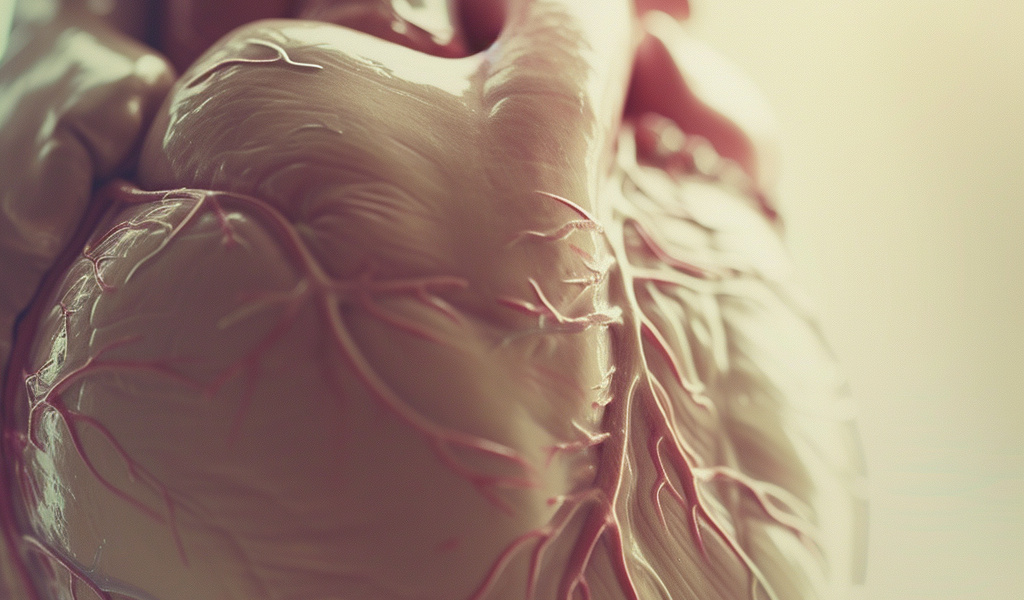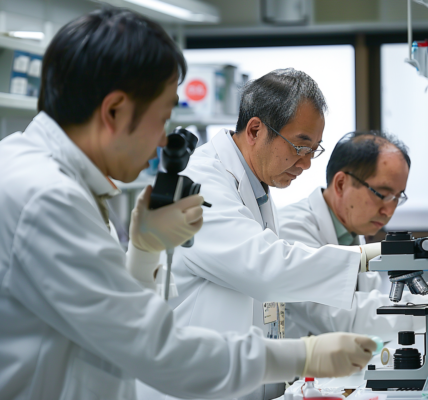Hearts are everywhere during the month of February for Valentine’s Day. Little candy hearts, heart boxes of chocolates and teddy bears holding big hearts, all represent the love Valentine’s Day is associated with.
Hearts and love go hand in hand. But does love actually affect the heart? There’s many sayings that the heart is fragile and it can break easily. In reality, this 10-ounce organ is tough.
Chris Steelman, director of the cardiac specialist and technician program at Weber State University said this little organ beats 100,000 times a day and pumps about 100 gallons of blood through the body every hour.
Damian Domanski, a cardiologist at Lone Peak Hospital in Draper, said that life starts and ends with the heart.
“We don’t die when we lose a kidney or a leg,” Domanski said. “We die when the heart stops.”
The heart is a constant in our lives and sometimes we don’t even think about it.
“This tiny little pump that goes from when you’re zero to your whole life,” Steelman said. “We don’t even think about it, but it’s there, sitting there pumping away.”
The heart reacts to everything happening in your body. It reacts to hormones and enzymes being released throughout the body, but also to love.
There are positive and negative effects love has on the heart.
“Emotional connections, I’m not just talking about romantic love here, but social connections have been linked to better health outcomes, lower blood pressure, reduced risk of heart disease and improved immune function,” Steelman said.
According to Domanski, cardiovascular diseases are one of the number one killers in the U.S. and Steelman says that many people live with high blood pressure and never get it treated. While love isn’t the treatment for these diagnoses, it is a small way to lower some risk.
However, with every positive effect there are some negative effects.
“Intense emotional experiences, both positive and negative, but mostly negative, trigger a stress response,” Steelman said. “That stress response leads to increased levels of things like cortisol and adrenaline, and they’ll have a detrimental effect on the heart over time.”
One of these intense emotional experiences can actually lead to a unique heart condition called takotsubo cardiomyopathy, or more commonly known as “broken heart syndrome.”
According to Domanski, a takotsubo is a Japanese fishing pot used to catch octopus. The top of the pot is pinched together while the bottom is left open. This heart condition is called takotsubo because of the similarity between the way the pot looks and how the heart looks on imaging.
Domanski explains that broken heart syndrome occurs when the walls in the left ventricle of the heart constrict, limiting blood flow to the bo





